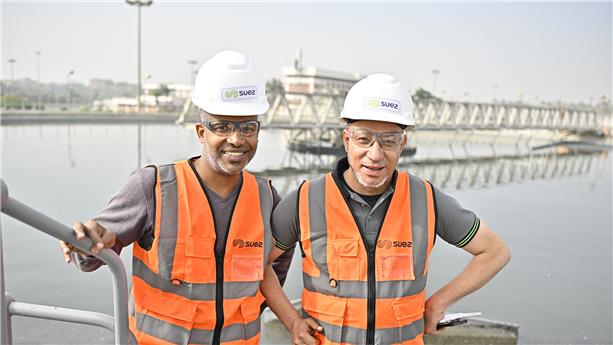Committed to its environmental transition, the RATP Group has set ambitious targets to halve greenhouse gas emissions, optimize its water consumption and reduce energy consumption by 20% by 2025. As part of this commitment, the RATP Group is deploying the OPEN project (Water and Energy Management Tool), which involves the centralisation of data from more than 1,000 communicating meters installed on 115 sites and 369 stations. The project is based on SUEZ’s
“ON’connect fluids™” solution, a digital platform which automatically, continually, and reliably collects data relating to multi-fluid consumption of water and energy. The centralised and continuous overview ensures better responsiveness in the detection of anomalies, particularly water leakages. It also facilitates the implementation of corrective actions and the assessment of their impact on buildings’ energy performance.
An innovative digital solution to meet the new regulatory requirements for buildings’ energy performance
The
“ON’connect™ fluids” solution draws on two key areas of SUEZ’s expertise, IoT through meters and connected objects and advanced data processing. It enables public and private players to meet new regulatory requirements in terms of building energy performance. (Especially the French “Tertiary Decree” law, which imposes a 60% reduction in energy consumption on tertiary sites with a surface area of more than 1,000 m² such as schools, offices, retailers, sports complexes, and hospitals by 2050.)
ON’connect™ fluids centralises in a customisable dashboard both the data collected by the communicating meters of different fluids (water, gas and electricity) and the data from various environmental sensors (temperature, CO2, etc.). Deployed for the first time on a large scale, the solution allows companies to share their needs on a single platform, promoting operational efficiency and the definition of action plans to reduce the environmental impact of their assets.
